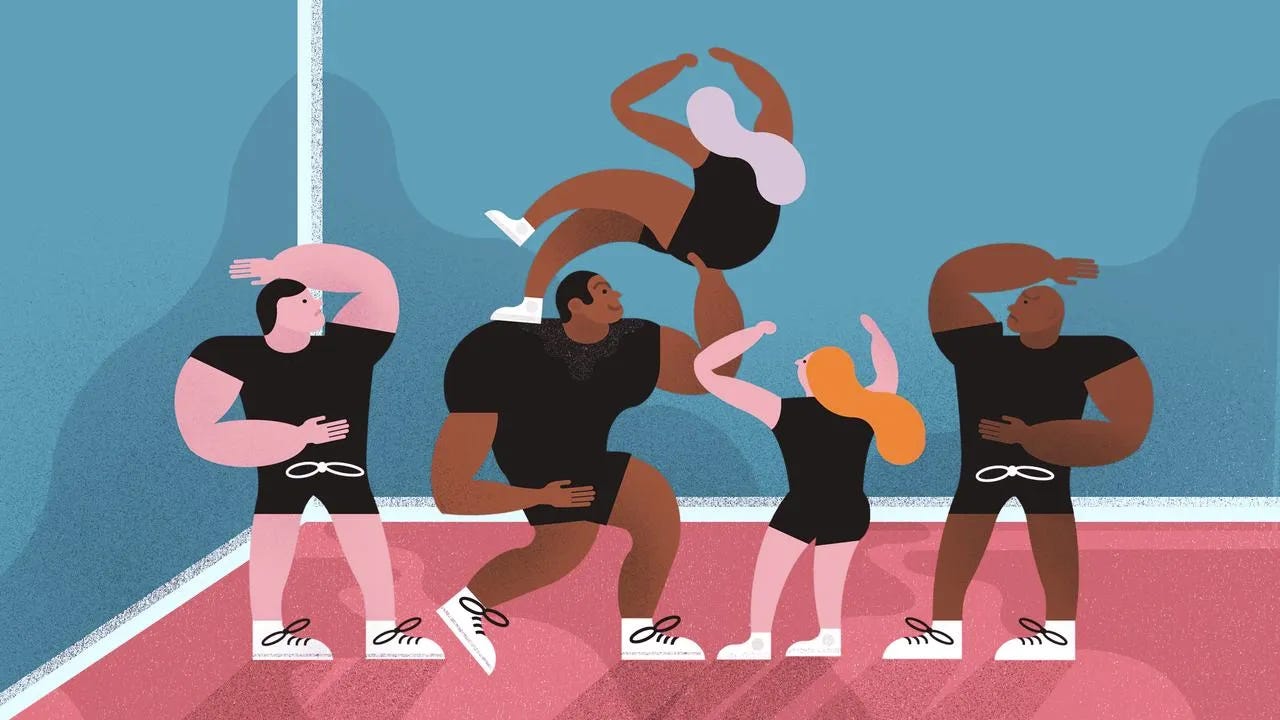My Acerbic Aerobics Class with O.J. Simpson
A week before the infamous murder, I saw O.J. sexually harass a woman. If I had spoken up, could I have changed the course of history, or just tanked my acting career?
I heard a lot about the O.J. Simpson trial last year, the event’s twentieth anniversary. It seemed every time I turned on the radio or TV — granted I live in Los Angeles — some program host was interviewing a key player in the case.
Whatever happened to Marcia Clark? Find out tonight at seven!
Coming up, Judge Ito speaks for the very first time!
Our exclusive interview with Kato Kaelin, only minutes away!
The hosts blabbed about “untold stories” and “secret tapes.” As I rushed to change the stations, I reminded myself I just had to make it through 2015 and O.J. would go away again. My own secret would be safe.
Then just recently, I saw the trailer for the upcoming O.J. series on FX.
All I could think as I watched John Travolta playing Robert Shapiro and Cuba Gooding, Jr. as O.J. was that the “Trial of the Century” (as well as their entire TV series) might have been avoided if I’d had the balls to do something I wouldn’t hesitate to do today.
If I had, maybe two pe…
Keep reading with a 7-day free trial
Subscribe to Narratively to keep reading this post and get 7 days of free access to the full post archives.




